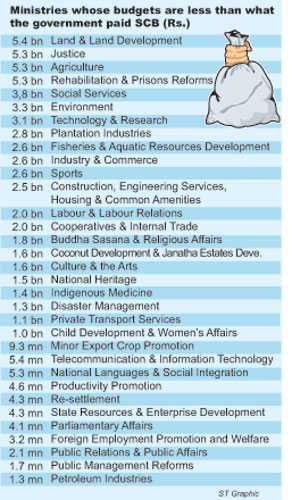CPC’s hedging blunder Finally the people pay
Corporation’s debt burden increases; petroleum minister has no clear answer regarding payouts to banks.

The room was packed; the mood fraught. It was November 2008 and the Ceylon Petroleum Corporation’s (CPC) hedging deals were fast going awry.

Ashantha De Mel, then Chairman of the CPC,
Ashantha De Mel, then Chairman of the CPC, sat at the head table. On his right were the Chief Executive Officers of three of the banks – Standard Chartered (SCB), Citibank and Commercial Bank – with whom he had signed hedging contracts. A news conference was about to begin.
The CPC was confronted with making massive payouts to five local and foreign banks. The reason was simple: Because of the way they had been structured, the hedging agreements did not protect the CPC if world oil prices slid down. They would only serve the Corporation as long as the prices go up.
In contrast, if prices fell below a specified figure, the CPC would have to pay the banks the difference between that and the market price — with no limit on the downside. And while the oil price had peaked at US$ 147 per barrel in July 2008, it had fallen to below US$ 60 per barrel around the time of the news conference. It would drop even further in subsequent months, crashing to as low as US$ 30.
Mr. De Mel conducted an impassioned justification of the disastrous hedging deals. He was upbeat, claiming that they would simply restructure the agreements to mitigate the losses. (This didn’t transpire in some of the contracts because of a detail in the formula adopted). Read More

